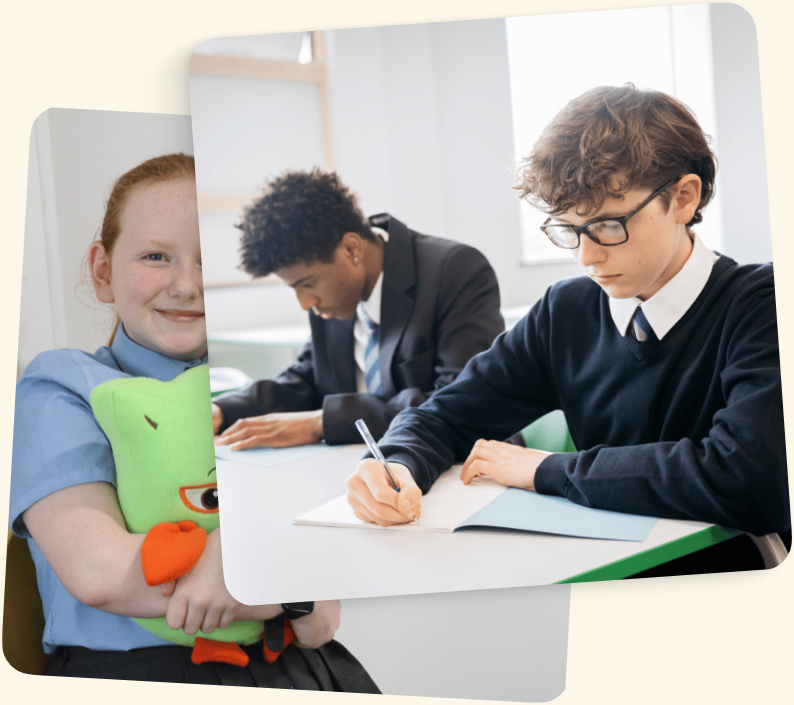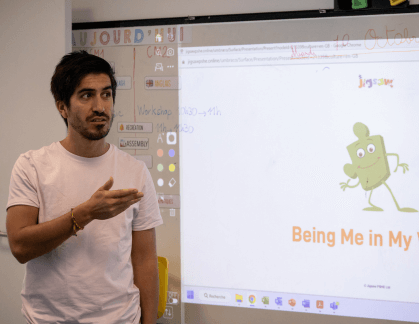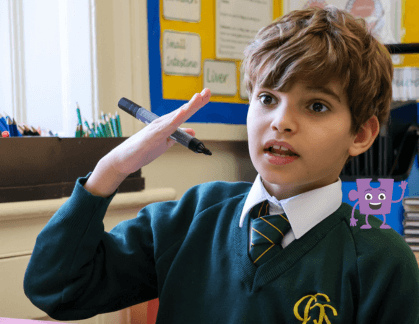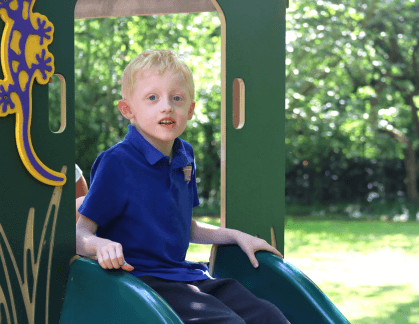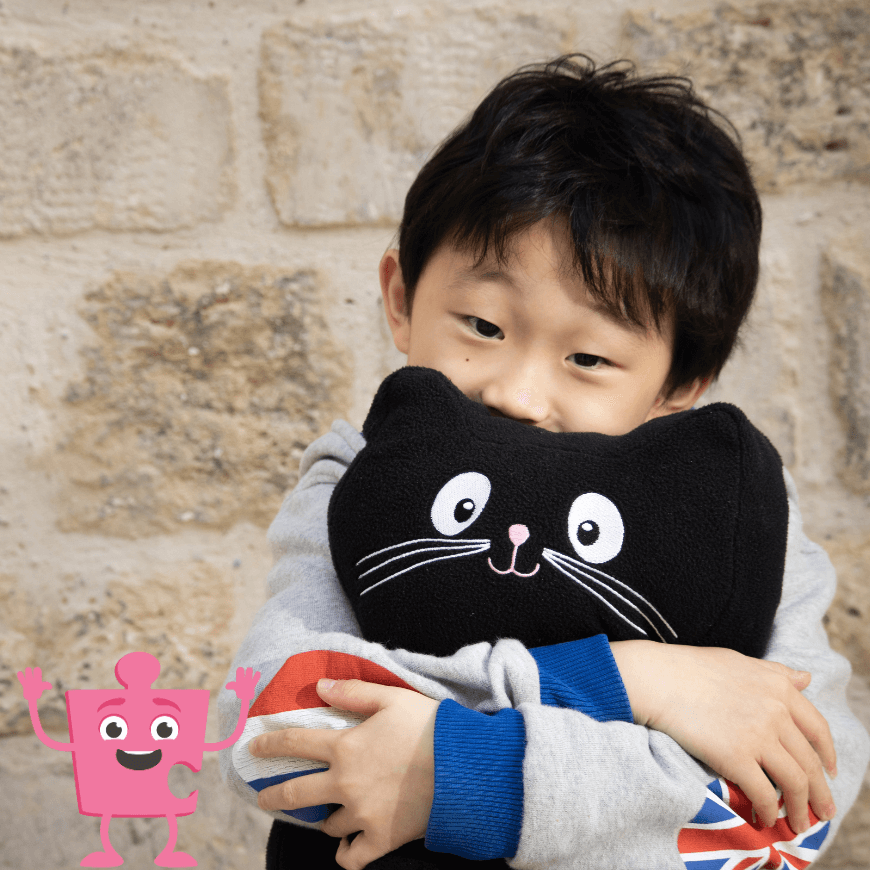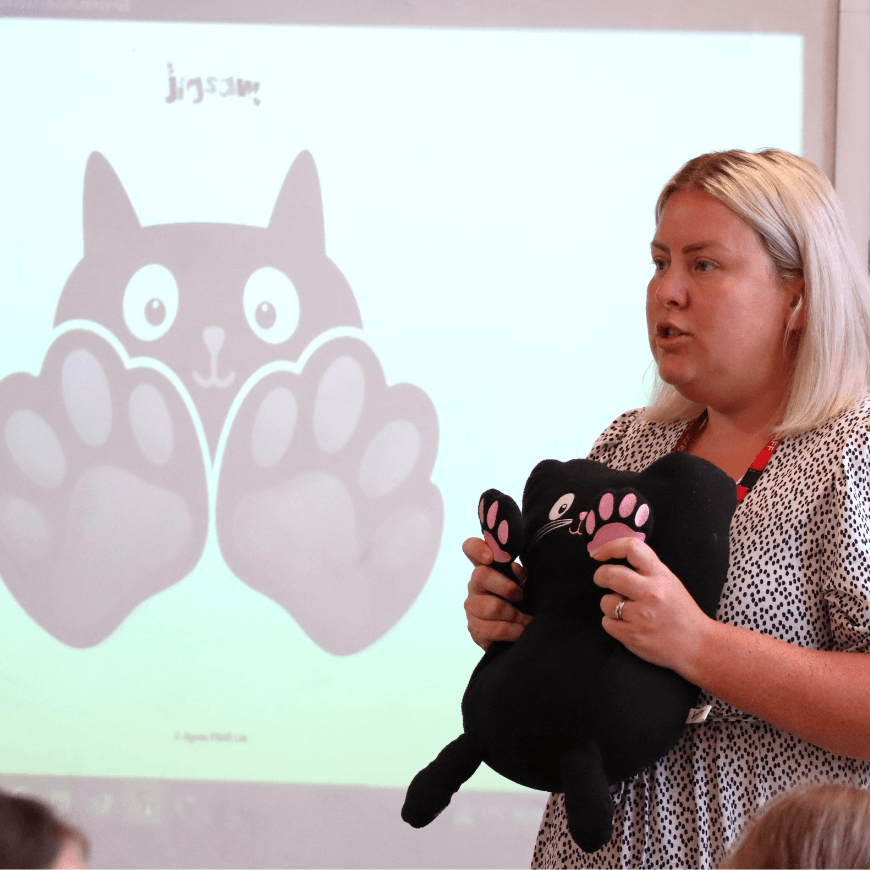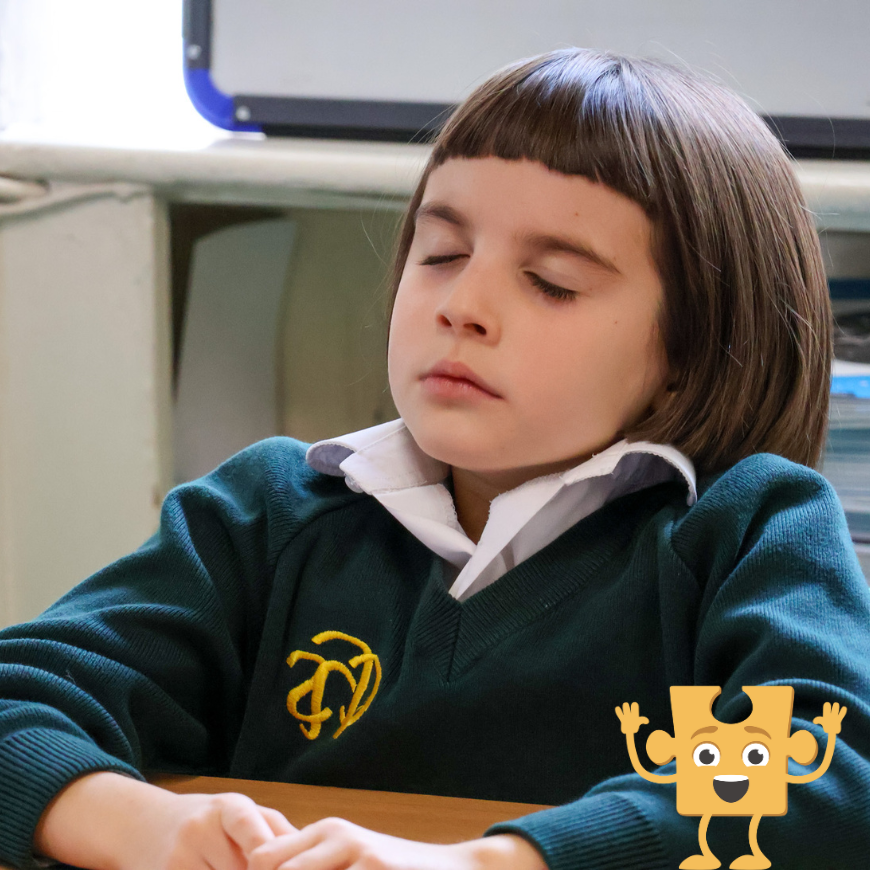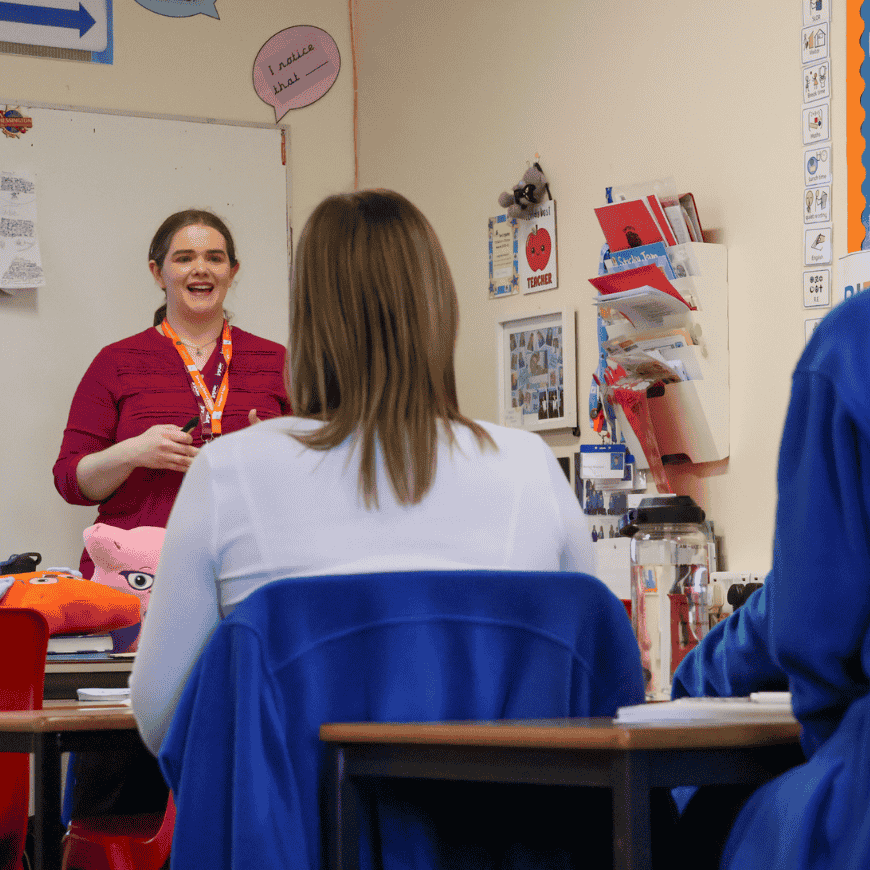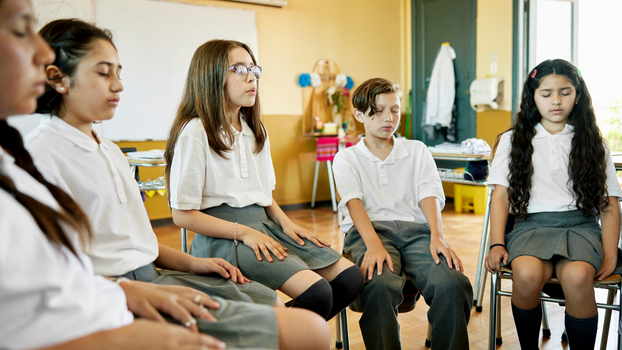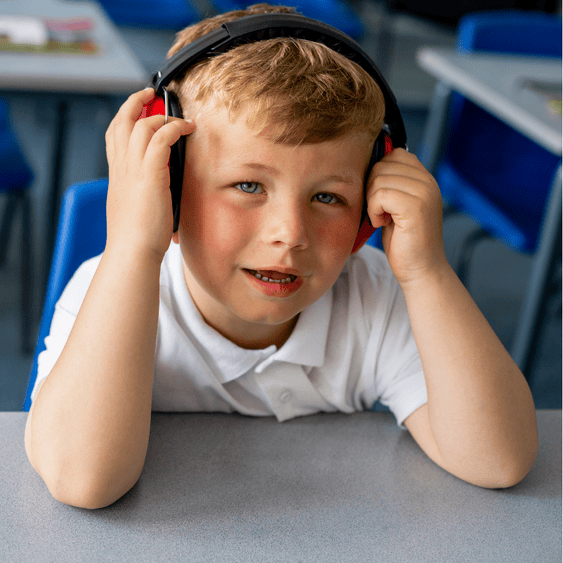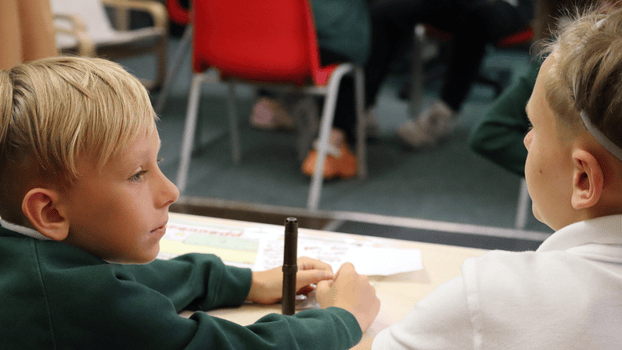At Jigsaw, we don’t just base our practices on research, we build our entire approach on it. Everything we create is grounded in what the research tells us works best for children’s learning, wellbeing and development.
At Jigsaw, we don’t just base our practices on research, we build our entire approach on it. Everything we create is grounded in what the research tells us works best for children’s learning, wellbeing and development.
We combine decades of real-world classroom experience across our teams with insights from psychology, neuroscience, and pedagogy. This enables us to deliver thoughtful, structured programmes that help children grow emotionally, socially and academically, all while supporting teachers every step of the way.
